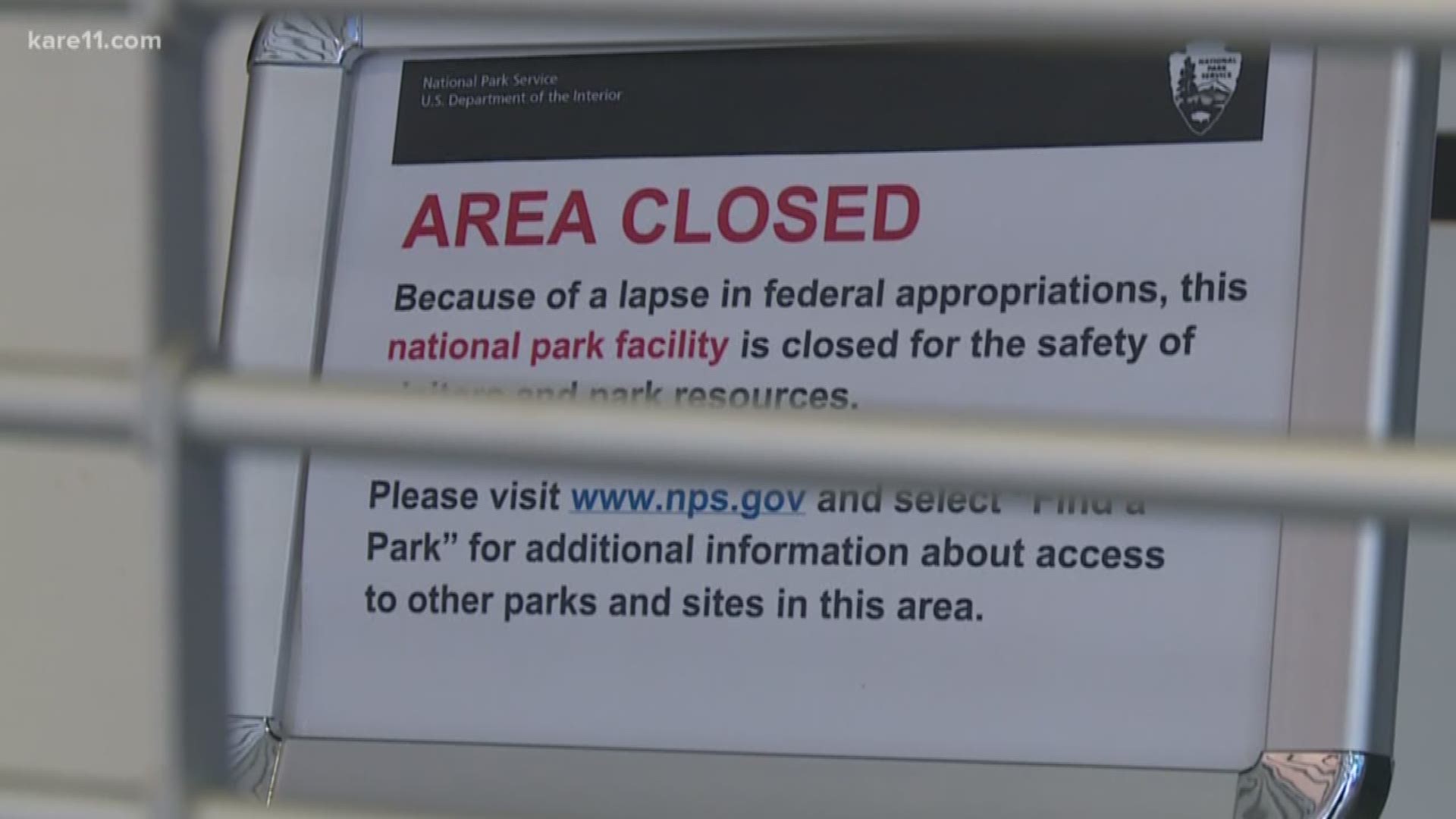As the partial government shutdown extends through its second week in Washington, the state budget office here in Minnesota is watching negotiations with enormous interest.
The state receives about a billion dollars a month from the federal government, according to Minnesota Management and Budget Commissioner Myron Frans. A chunk of that money funnels to Minnesota through a reimbursement process, which is now in doubt because some of the federal workers who approve those funds are on furlough.
That leaves the state in a tricky position when it comes to, say, FEMA reimbursement through the Department of Homeland Security. That money would be critical in the event of an unexpected winter snowstorm or major flooding, but there would be no way to receive it if Homeland Security remains unfunded.
Certain road construction projects funded through the Trunk Highway Fund could be caught in limbo as well, along with traffic safety programs backed by federal grants.
Frans isn't panicking— yet.
"One or two weeks, that's a delay in reimbursements or a delay in payments, so that's not a significant factor in terms of how it affects the state," Frans said. "But if you go beyond two weeks, all of the sudden, we as a state have to take a look at these programs."
Of course, the partial shutdown also takes a human toll, with at least some of the 17,000 federal workers in Minnesota starting the new year without the promise of a paycheck.
The shutdown has also forced the temporary closure of national parks facilities, including the Mississippi National River and Recreation Area headquartered in the science museum on St. Paul's riverfront.
The waterfront isn't closed, but the visitor center inside the science museum is locked up with a sign that reads "AREA CLOSED." If one were to call the main line at the visitor center, he or she would be greeted with an automated message that says, "due to a lapse in funding of the federal government budget, all staff is furloughed and the visitor center is closed during this period."
Minnesotans will just have to wait for a resolution in Washington as the new Congress returns to session this week.
President Trump continues to demand funding for a border wall, but the new Democratically controlled House of Representatives is likely to pass a series of two split bills that would fund government agencies without providing money for a wall. It very likely would not stand a chance in the Republican-led Senate.
In this new era of divided government, there's simply no way to predict when the shutdown will conclude.
"We're really concerned about the fact that this could turn into a long-term, more than two- or three-week shutdown," Frans said. "So in that case, we're looking at the contingencies."

